The Astonishing Intelligence of Animals: Are They Smarter Than We Realize?
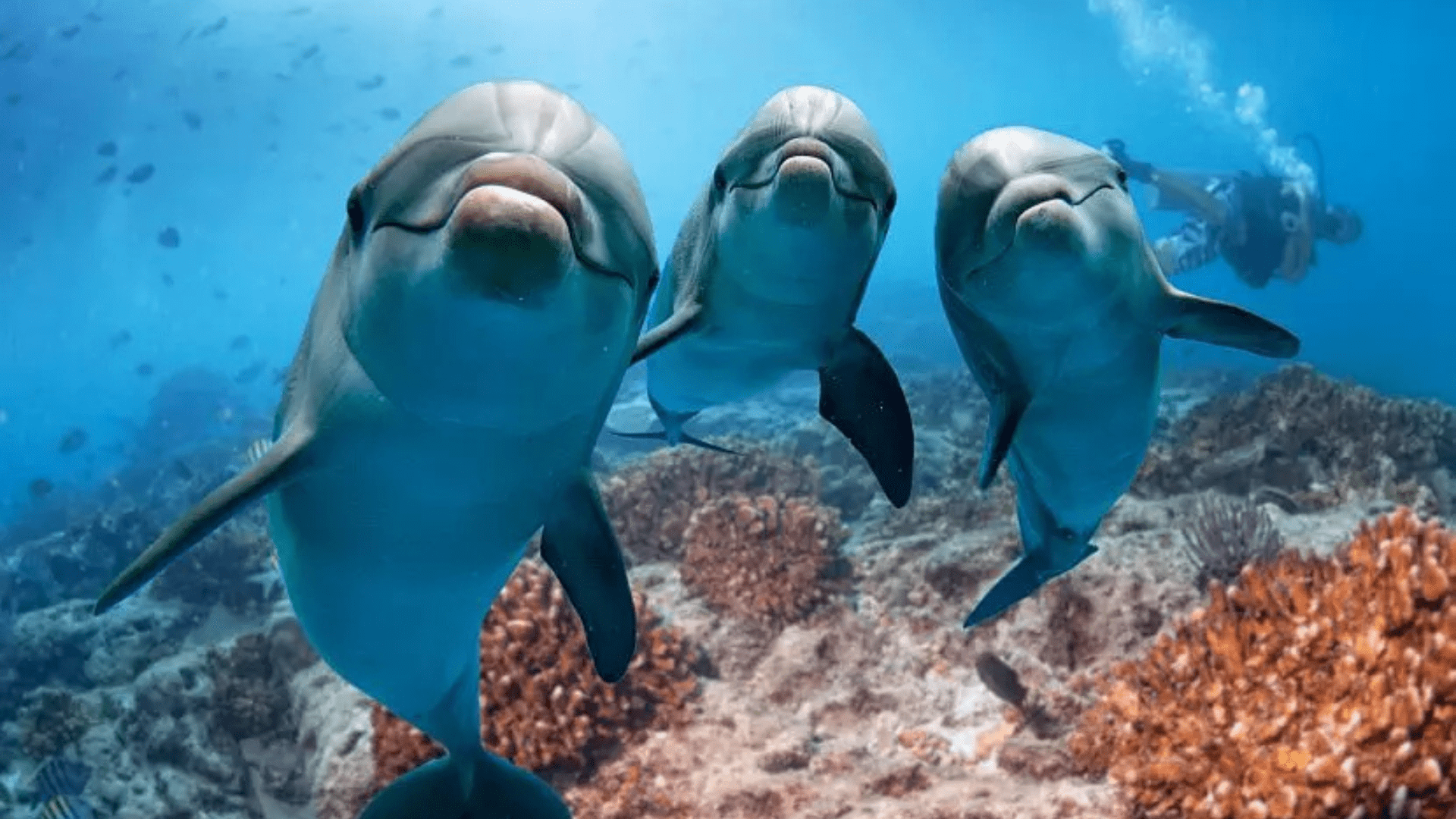
When we think of intelligence, we often imagine humans solving complex problems, creating art, or inventing technologies. But what if animals, too, possess intelligence beyond what we’ve come to expect? The secret life of animals is a fascinating subject, as researchers continue to uncover new insights into the minds of creatures, big and small. From intricate communication systems to problem-solving abilities, the animal kingdom may be far more intelligent than we realize.
The Evolving Definition of Animal Intelligence
Traditionally, animal intelligence has been measured against human intelligence, but recent studies suggest that intelligence in animals comes in many forms. It’s not just about solving puzzles or recognizing themselves in a mirror. Animal intelligence can involve complex communication, memory, learning ability, and emotional depth. The more we study animals in their natural habitats, the clearer it becomes that many species possess remarkable cognitive skills tailored to their environments.

Communication: Beyond Simple Signals
One of the most striking examples of animal intelligence is communication. While humans rely on language, animals use an array of signals to convey information. Dolphins, for example, have been known to use a complex system of whistles to identify and communicate with each other, almost like names. Studies have shown that certain species of primates, like chimpanzees and bonobos, have sophisticated vocalizations and gestures, using them in specific contexts to convey emotions, needs, and desires.
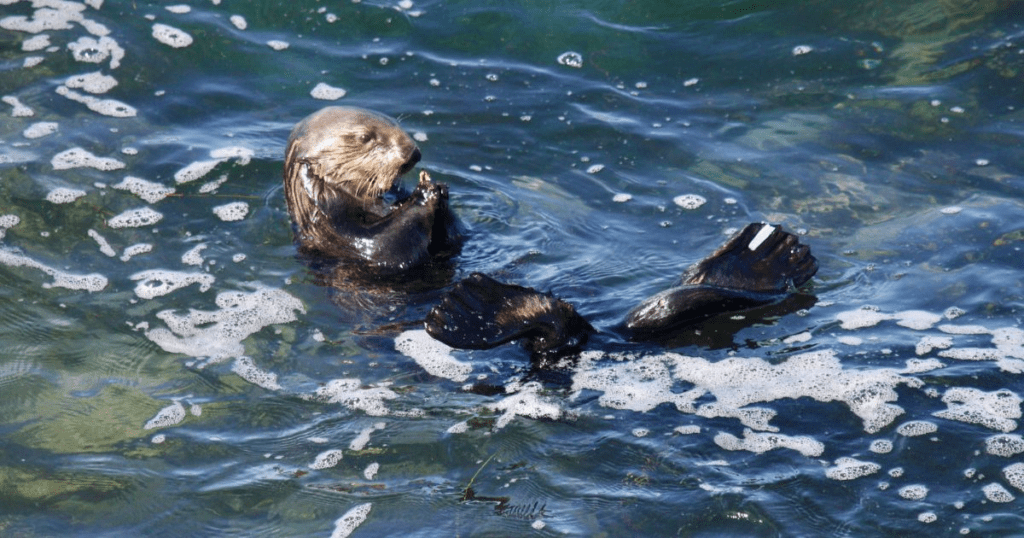
But perhaps the most unexpected communicators are elephants. Elephants communicate through low-frequency rumbles, which can travel for miles, allowing them to stay connected with others in their herd. What’s even more fascinating is that elephants have been observed demonstrating empathy, a trait once thought to be exclusive to humans. They console each other during times of distress, which hints at an emotional intelligence that goes beyond basic survival instincts.
Problem-Solving: A Mastermind in the Wild
It’s not just communication that showcases animal intelligence; problem-solving is another area where animals shine. Crows and ravens, part of the corvid family, are renowned for their exceptional problem-solving abilities. These birds have been observed using tools to extract food from hard-to-reach places and even planning ahead for future needs—an ability long considered uniquely human. In some cases, they’ve shown the ability to understand cause-and-effect relationships, a level of cognitive sophistication that challenges traditional notions of animal intelligence.
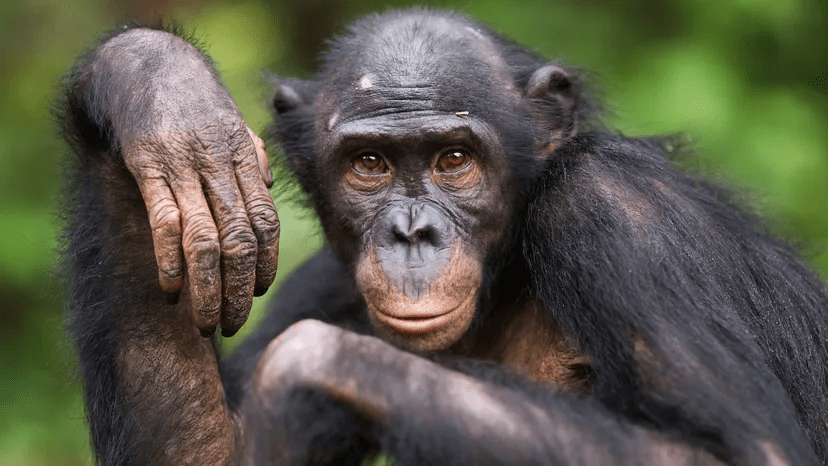
Elephants and octopuses also demonstrate remarkable problem-solving abilities. Octopuses are incredibly dexterous and have been known to escape enclosures and solve puzzles to access food. Their ability to navigate complex environments and use objects to their advantage is nothing short of impressive.
Memory and Learning: Intelligence Beyond Instinct
Another aspect of animal intelligence lies in memory and learning. Animals like dogs, elephants, and certain birds have demonstrated the ability to remember past events, recognize individuals, and learn from experience. In fact, studies have shown that elephants can remember the location of water sources they haven’t visited in years—showing that their memory isn’t just about survival but a complex, long-term process.
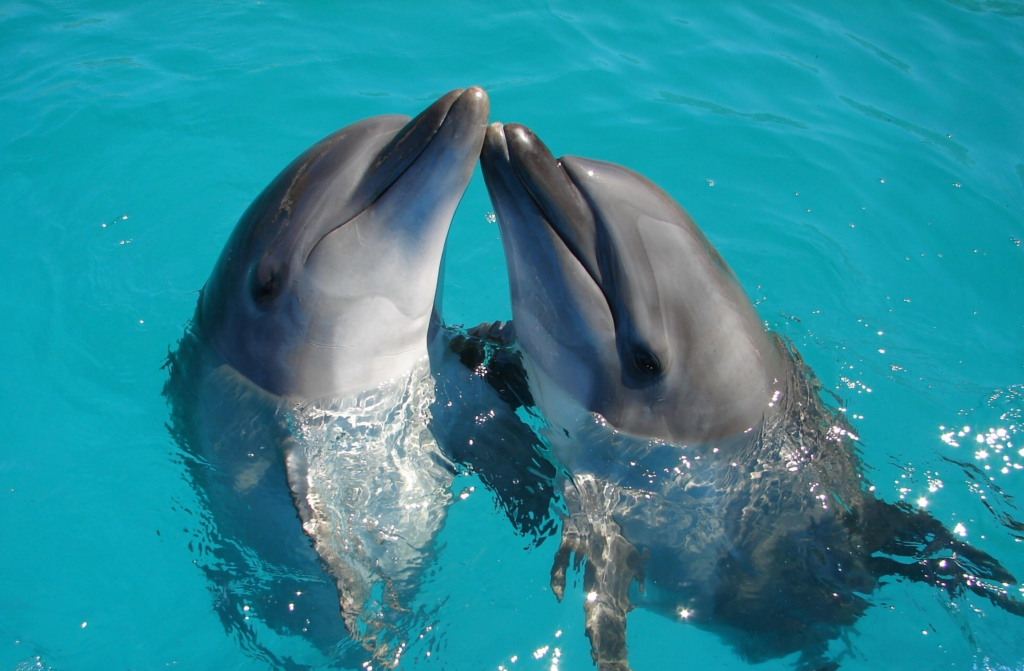
Dolphins, renowned for their intelligence, also have an incredible capacity for learning. They can be trained to perform intricate tasks, recognize themselves in mirrors, and even comprehend abstract concepts like symbols and counting. This ability to learn and adapt is a sign of a highly evolved brain capable of more than just instinct-driven behavior.
The Emotional Life of Animals
One of the most compelling aspects of animal intelligence is their emotional complexity. Animals like dogs, cats, and even rodents have demonstrated empathy, love, fear, and grief—emotions that were once thought to be exclusive to humans. In fact, dogs are known to recognize human emotions and can often act in ways that reflect understanding of their owner’s mood. When a person is sad, dogs may nuzzle or sit close, offering comfort.
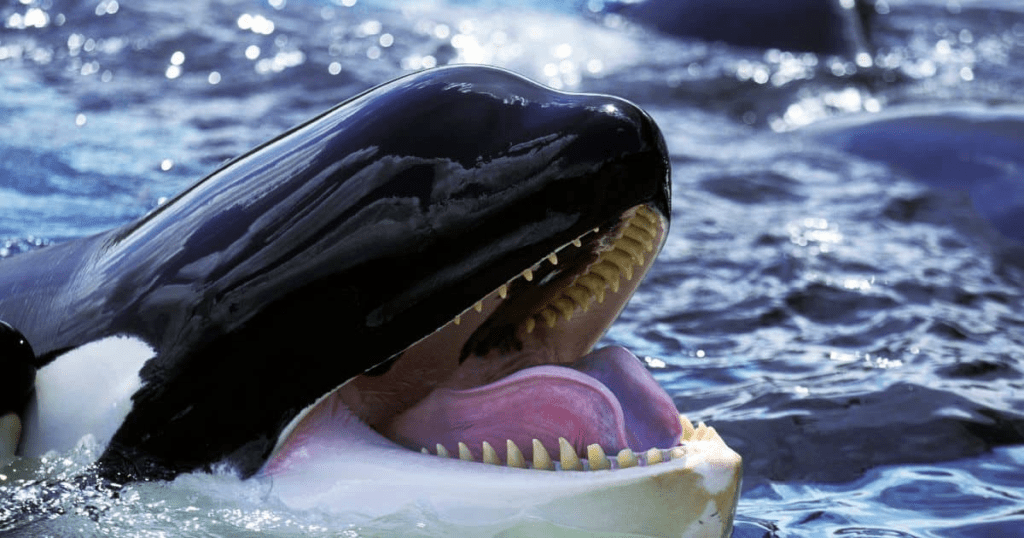
Elephants, known for their intelligence, exhibit grief when a family member passes away. They are often seen mourning the death of a companion or even a deceased herd member, gently touching and caressing the body. This emotional depth is an indicator of intelligence that includes not only cognitive awareness but also a rich emotional landscape.
The Verdict: A New Perspective on Animal Intelligence
So, are animals more intelligent than we think? The answer is yes—though their intelligence often manifests in ways that are different from our own. Their problem-solving abilities, sophisticated communication, emotional intelligence, and learning capacity all point to a deeper, more complex understanding of the world around them. Rather than viewing animals as instinct-driven creatures, it’s time we reconsider the incredible capabilities they possess. As we continue to explore the secret lives of animals, we’re bound to uncover even more examples of the intelligence that lies beneath the surface of the natural world.
The more we learn, the more we realize that animals, in their own unique ways, are far more intelligent than we could have ever imagined.






